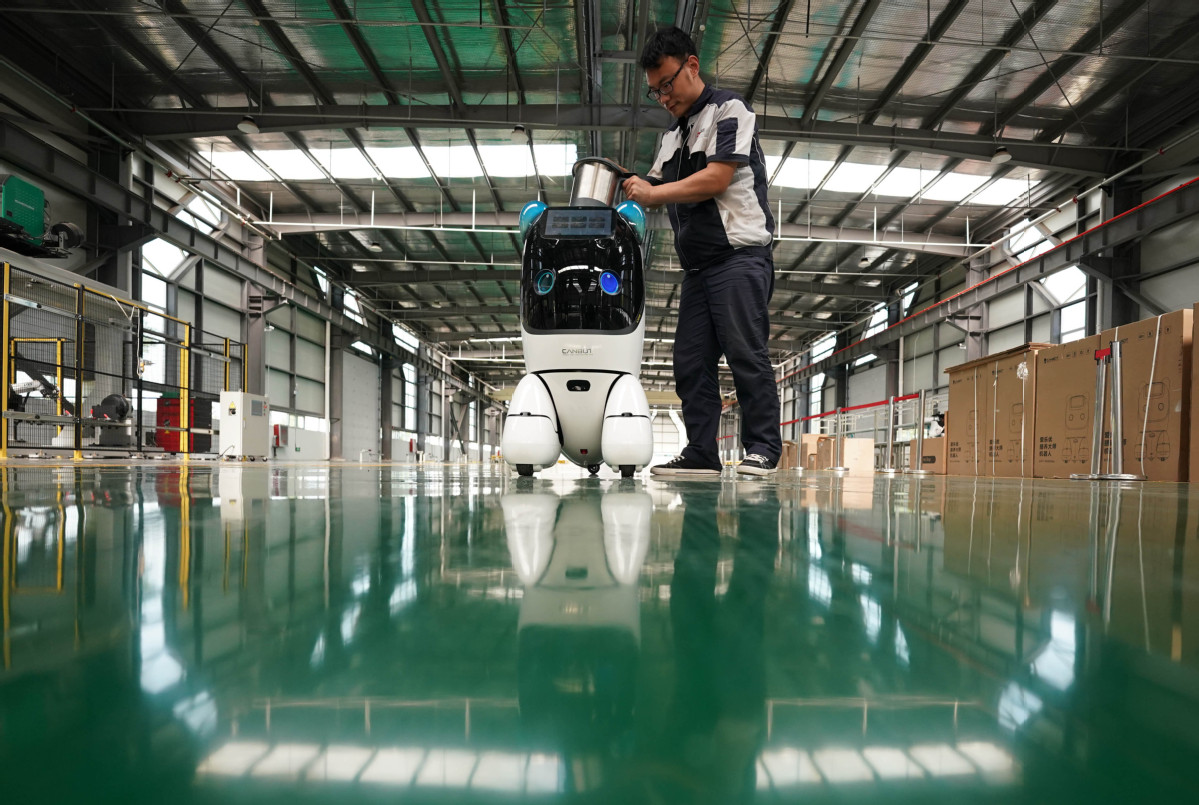Throughout the 1700s, manufacturing companies focused on maximizing labor and increasing their tools’ efficiency. In the 1800s, Omnia industry technology made use of steam engines and animal-assisted mechanical equipment. Later, the use of steel and electricity was widespread, and factories began to incorporate IIoT tools to monitor environmental conditions and make changes automatically. Today, manufacturers use automated equipment to produce more products, and this technology can even interact with human workers remotely.
The goals of this new era in manufacturing are large. In the future, we will have mass customisation of manufactured products, automatic and flexible adaptation of production processes, and value-added services. The industry will also become more flexible and service-oriented. This means that people and machines will work more cooperatively and efficiently together. And, of course, the speed of innovation will continue to increase, leading to greater profitability for companies in all types of industries.
Industry 4.0 aims to create a smart factory with IT-enabled mass customisation. This is possible through automation and the ability to track components and products. This new technology will also allow manufacturing companies to offer new types of services and business models that leverage the Internet of Things. As a result, the speed and scope of the process will increase, allowing companies to meet the demands of their customers. The goal of Industry 4.0 is to streamline manufacturing processes, enhance efficiency and make products and services more personalized for individual customers.
As we move into the next era of manufacturing, industrial technology has become a major source of employment and research. It has a high rate of innovation, which requires a large amount of investment in research. In addition, the industry employs a large group of highly skilled and creative technical workers. The creation of new products also relies on the interest of consumers. It is therefore critical that technology specialists have an understanding of how networks work and how they can improve them.
The industry includes companies that design, manufacture, distribute, and sell electronic devices. Computers and other electronic devices are integral to the modern lifestyle. The technology industry also includes computer services, software, scientific instruments, and electronic components. The goal of this sector is to make the world a more efficient and convenient place to live. This type of technology requires a workforce that is technologically inclined and capable of adapting to new environments. As a result, it employs a workforce that combines skills, creativity, and innovation.
The technology industry has a young history, and the earliest innovations were the two-element electron tube and the transistor. Then came the digital devices such as televisions, smartphones, and personal computers. Until the 1990s, personal computers were not very popular, but the advent of the internet made them a common household item. As a result, the industry has a diverse workforce. The people who work in the technology sector are incredibly talented, and their skills are indispensable for a growing society.
The industry technology field is a field that applies science and engineering principles to produce products that are mass-produced and used for many purposes. Most objects in our lives are made through a process that uses industrial technology. Using the principles of science and engineering, these individuals can make these processes more efficient. These skills will allow them to enter related fields such as aerospace, electronics, and automotive. The following are some of the benefits of studying industrial technology.
One of the best aspects of the technology industry is its speed of innovation. It is an area where a high-tech workforce is needed to create products. In the case of computers, this means that people with technical skills and business management knowledge are essential to making these machines. Moreover, this type of industry is a diverse field, and it crosses several areas. Regardless of your field of expertise, you’re sure to find a career in industrial technology.
The industry technology field is still relatively young. Early innovations include the transistor and the two-element electron tube, which were first developed in 1904. Other technologies like the integrated circuit board and microprocessors were not widely used until the 1990s. It wasn’t until the internet was available to the common consumer that personal computers became popular. Eventually, these devices became household names, and they helped make the internet possible. They are now ubiquitous, but only recently have they been made widely available for general use.
